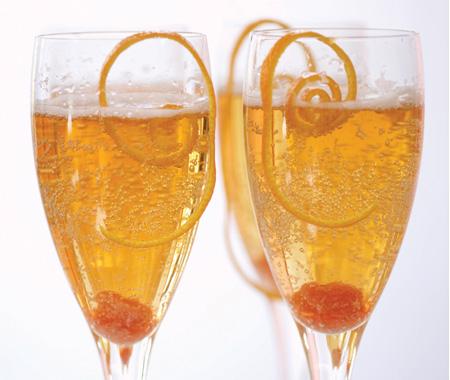At a restaurant, the person who greets the customers and leads them to a table is known as the maître D (meaning maître d’hôtel). Take a seat! Let’s start with an apéritif a cocktail or a drink served before a meal while we look at the menu. You normally have a choice of two types of meal when you go to a restaurant. The “fixed price menu” is just what it says whereas A la carte means that you can choose from the entire list of dishes on offer. One of the most common terms on the menu is a la plus an adjective or noun, usually also in French, to mean “in the style of”. So, á la Américaine means “in the American way” and a la russe means “in the Russian way”. Then there is Cuisine a word to describe the style of cooking particular to a region ( For example: Spanish cuisine )
For a starter, you might like Clams au naturel which means that they haven’t been cooked or seasoned and that the natural taste hasn’t been altered. So, now we have ordered... but what do we say as the food arrives? As it happens, that’s French too... because English has no expression of its own to wish people a nice meal. We say Bon appétit! .
After that, you could order a Fondue, which literally means “melted”, something cooked in hot oil at the table. The word originally came from the practice of dipping bread or biscuits into melted cheese or chocolate. Maybe you prefer a steak with something sautéed (fried) or puréed (creamed or liquefied, usually fruit or vegetables). And for dessert, what about something Flambé ? This is a dish served “on fire”.To make a dish flambé, heat a little brandy and pour it over the dish, then ignite the brandy with a match. If you don’t want banana flambé, maybe you fancy apple pie á la mode? If so, the waiter will bring you a slice of apple pie with with vanilla ice cream on top. You may not be able to manage a dessert if you ate too many of the hors d’oeuvre (snacks such as canapés) before dinner!
.jpg) |
| "a gourmet meal" ( high quality food) |
Are you a gourmet or a gourmand? A gourmet is a person who knows all about food and appreciates it whereas a gourmand is greedy and simply loves to eat !
















